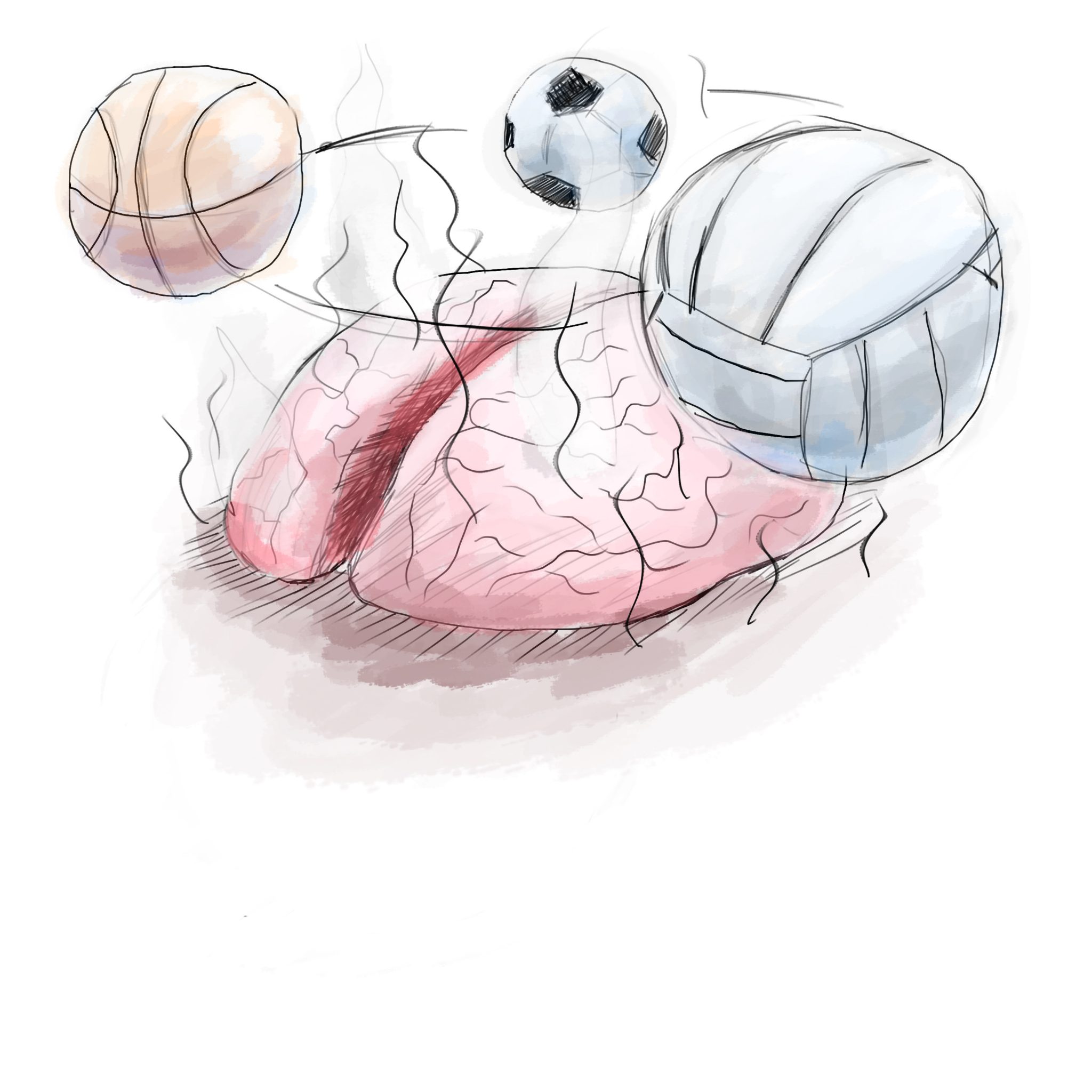An in depth look at the importance of mental performance training in sports


Second place. Runner-up. The first loser. Couldn’t quite cut it. Failed when it mattered most. We reserve harsh sentiments for second place, because unless you’re at the top of the mountain, everyone else is looking upward.
However, the modern approach to athletic development is in a state of flux, and mental performance training is a rapidly-expanding field aimed at improving on-field performance. This season, Laurier’s women’s lacrosse team sacrificed one practice per week in favour of mental performance sessions led by Scott Donald and Melissa Pare. Donald is a graduate student in the faculty of Kinesiology at Wilfrid Laurier University, and former CIS cross-country athlete who captained Saint Francis Xavier’s men’s cross-country team from 2013-2016.
This combination of varsity success and thesis work lends Donald a unique perspective on sport performance, and when interviewed, I asked him just how these Monday sessions came about: “We presented the idea to the (team) and did one or two sessions (with them) and they decided, ‘hey, this is worth something …’ Maybe they (wanted) to transition out of the Monday practices anyways, but it worked well for them … I think they really enjoyed the time off, and the different sort of training that they truly believed in.”
“That’ll probably be quite easy on my part, I don’t think I’ll have to re-frame any of those girls’ thoughts. I think they’re only taking positives out of their performance this past weekend, they came second in the province and competed against a very good team in the finals, and it was their best finish in a long time.”
Overall the Golden Hawks women’s lacrosse team went 13-3-0, and knocked out Brock (8-4 in the quarterfinals), and Trent (8-7) in the semifinals, before the championship loss to Queen’s. From the outside it appears that the mental performance worked; in 2017 the Golden Hawks were 9-3-1 in the regular season, and 1-2 in the playoffs. However, how can mental performance sessions geared toward motivation, breathing and identification of negative anxiety help a team win more games? When asked this question, Donald replied: “Athletes are human beings, and human beings are thinking all the time about how they feel and about how ready they are, every thought that enters their mind influences the behaviours they have, and to think that sport is predominantly physical is, to me, naive. Everything about training and nutrition, your attitudes and your cognitions essentially lead to how well you’re going to adhere to those other aspects of sport. Your attitude toward eating well is going to impact your nutrition, your attitude toward waking up early and going to the gym will affect your training … The brain is pretty much what’s powering all of the physical (processes) inside of us. I think the mental piece is definitely something that can’t be overlooked…”
It wasn’t, and all season long the Golden Hawks were a premier team in the OUA. But for such competitive athletes, falling one step short of the championship summit must sting. So I asked Donald, after a season of preparing for gold, of sweat and blood and injuries and exhaustion and long road trips and tired feet and sore limbs and straining and believing in this goal as a single, cohesive unit… what do you tell these athletes when they lose?
“That’ll probably be quite easy on my part, I don’t think I’ll have to re-frame any of those girls’ thoughts. I think they’re only taking positives out of their performance this past weekend, they came second in the province and competed against a very good team in the finals, and it was their best finish in a long time.”
Laurier fielded its best women’s lacrosse team in the past eight seasons, and they stood toe-to-toe with Queen’s, ceding victory only after a hard-fought 11-6 battle.
So Laurier did not bring home gold. But, we have the second-best women’s lacrosse team in Ontario, populated by a roster dedicated to honing its mental performance, and hungry for success in 2019.
But this was 2018. And whether you’re at the top of the mountain a loss is still a loss.
But that’s just not true. These girls aren’t the first losers. These girls are winners.


